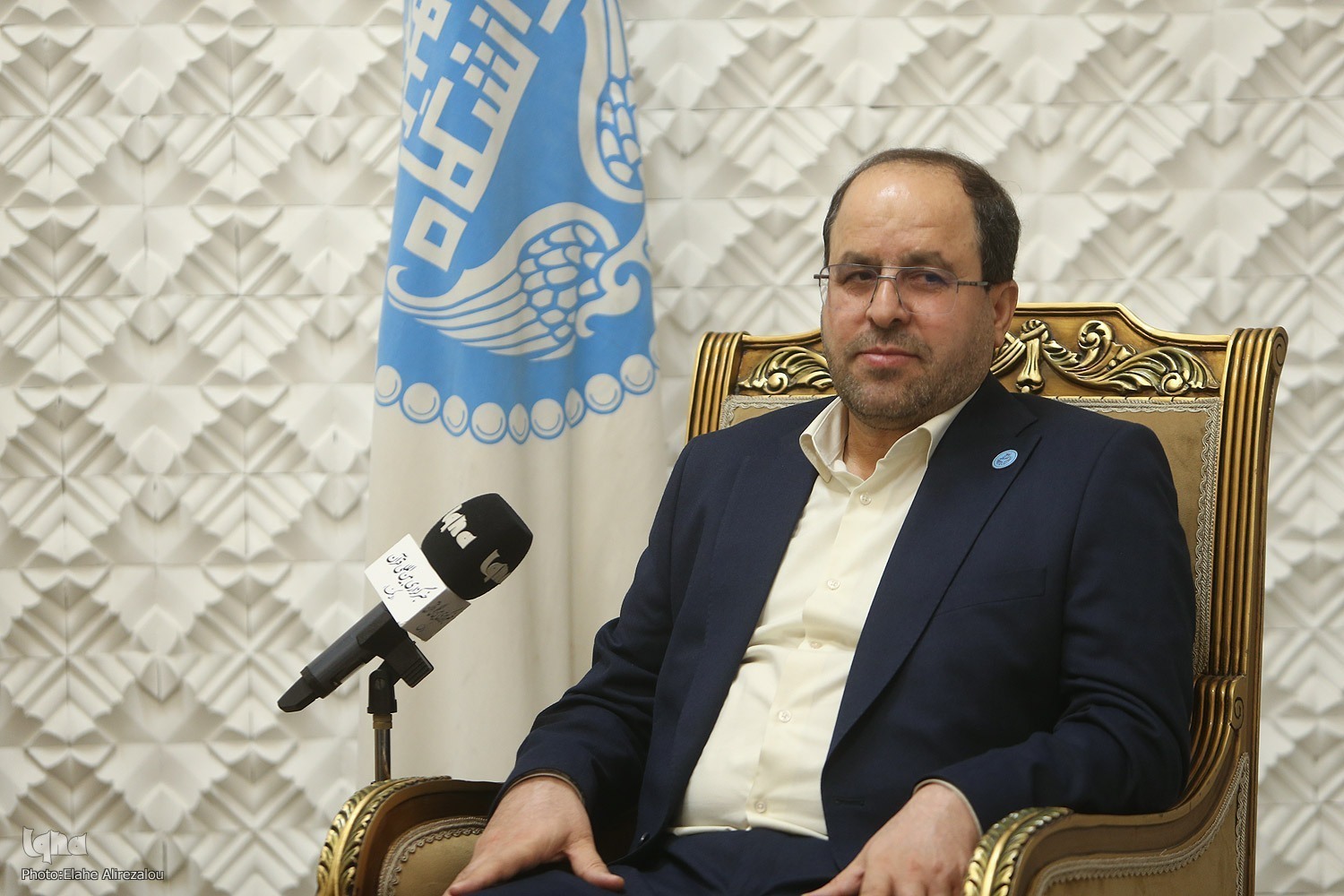Quran A Dynamic Resource for Scientific Inquiry: Professor

This is according to Seyed Mohammad Moghimi, President of the University of Tehran and a management professor, who made the remarks in an interview with IQNA.
Moghimi referred to the First International Congress on Quran and Science, which was held in May 2024 at the University of Tehran.
He noted that the objective was to critically assess the viewpoints and arguments presented across various articles by Iranian and foreign researchers, identifying their merits and shortcomings.
Another aim of the event, according to Moghimi, was to support researchers planning to explore the intersection of the Quran and science in their scholarly work, such as dissertations, treatises, and other forms of academic inquiry, by providing them with these insights.
He pointed to the need to broaden the scope of Quranic studies to include disciplines beyond the social sciences and humanities.
Meanwhile, he warned against approaching the Quran as a scientific textbook. “It is important to recognize that the Holy Quran is not a textbook of science, and it should not be approached as if it were a scientific compendium containing all scientific knowledge. However, we hold that by examining the examples and verses within the Holy Quran, one can discern elements of various scientific disciplines and utilize these insights to elucidate existing theories and even to develop new theoretical frameworks.”
Read More:
The teachings of the Quran have the potential to inspire new theories and clarify pre-existing ones, he said.
Events like the First International Congress on Quran and Science are poised to be pivotal for our scholars in the realms of experimental, biological, and medical sciences, the top Iranian university’s president said.
“In the same way that researchers in these fields refer to nature to test their theories—nature being a creation of God Almighty—the Holy Quran stands as another divine sign that has been provided to us in written form and can serve as a vital resource for scientific study,” he added.
Engaging with the Quran to derive its teachings necessitates a foundational understanding of the subject's methodology, a proficiency in interpretation techniques, and a consideration of various scholarly interpretations within the Quranic domain, Moghimi said, adding that this applies whether one seeks personal enlightenment or aspires to contribute to scientific knowledge through the Holy Quran.
Read More:
“Approaching the Quran with a defined conceptual framework allows an individual to recognize the text's dynamic nature, as we can view each verse from a different angle when revisiting it,” he added.
As declared by Almighty God, the Holy Quran is intended as a guide for humanity, and hence, it is a resource for guidance in all facets of human life, he highlighted.
4221220
Translation by Maryam Qarehgolzou



